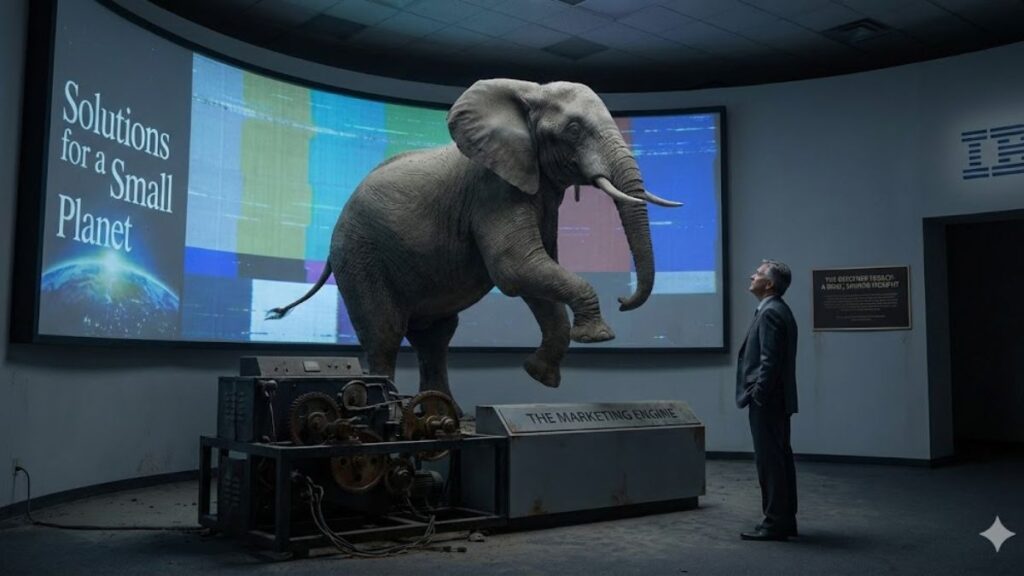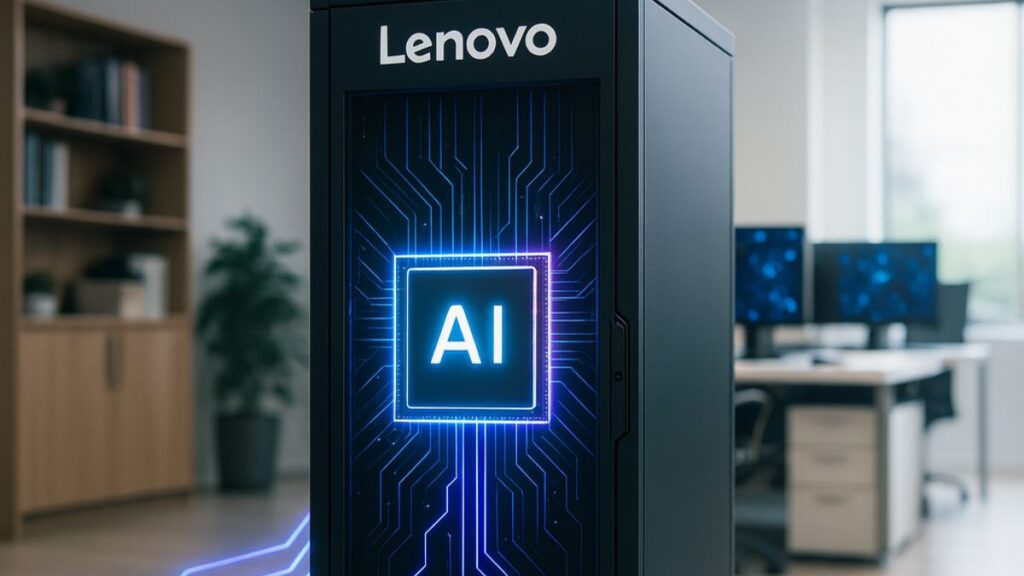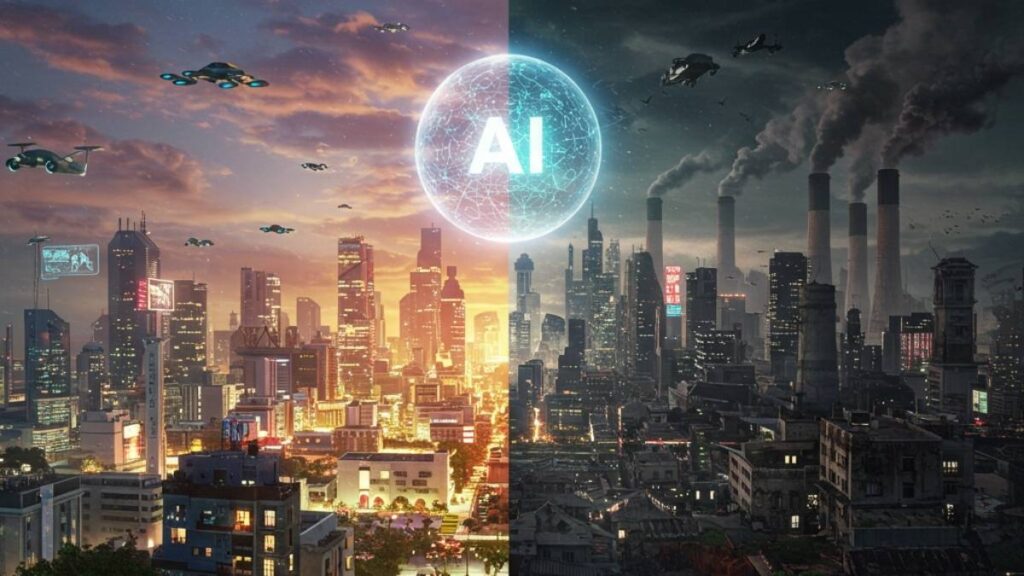Both Chuck Robbins and Michael Dell went on camera (you can find the videos of the what they said here) talking about taxes and poverty at Davos this year and their positions are fascinating. Chuck Robbins believes that—with focus—companies like his could end poverty, which is critical to the lives of a significant portion of the world’s population currently living on less than $2 a day. That’s a fascinating number because it means that there are a huge number of folks that have an annual income less than what most of us likely pay for the airfare on our vacation. Michael Dell was braced on the question of a 70% marginal tax rate on people making over $10M per year and he argued he was doing more with the foundation he and his wife set up to take on social issues than the government was likely to do with the money.
Cisco stands out as a company, particularly since Chuck Robbins took over, that spends a lot of money and time attempting to deal with homelessness near their headquarters and on efforts to impart skills to those without jobs worldwide. Dell’s foundation has been extremely active, and Dell himself has been a huge driver on promoting women entrepreneurs, Dell’s diversity efforts, and efforts to significantly lower the carbon footprint of his company.
Both CEOs stand out as very much aware of the problems—both in their regions and in their companies—and both are increasingly focused on making the world a better place. These efforts and focus, particularly when you see growing gaps in government protection, are critical to our building a future that is more like we hope it will be and less like the dystopian future that seems to permeate many of our science fiction movies. In short, if given a choice, I’d rather live in a Star Trek future than a Mad Max future and it is efforts like this that could help assure the former.
Interestingly both issues could likely be best addressed by a Deep Learning AI system. Next week is the IBM Think conference—where we’ll see the first Hybrid AI prototype Project Debater.
Poverty
As Chuck Robbins accurately stated fixing poverty isn’t an easy problem. Just giving these folks money not only is exceedingly expensive, but it has unintended consequences associated with people that have too much time on their hands and little direction on what to do with it. The solution not only has to assure their health and sustenance, it must occupy their time so they don’t do things that we, as a society, don’t want them doing. In addition, past efforts to end homelessness and poverty through gifts have resulted in places that humans don’t want to live and increases in problems associated with substance abuse and a lack of pride in their communities and homes.
In short people need not only to be able to afford the basics, they also need to be engaged in making themselves a better future. The two sides in this debate often seem to come down to people need to get a job which is problematic given they are homeless and won’t interview well or they need to have the money for basic services which doesn’t motivate them to climb out of the hole circumstances put them in.
Now, the solution is likely very different for different people and certainly for different circumstances. Someone with substance abuse problems should likely never be given money and instead the focus should be on getting them clean first. A homeless person with skills would have a different path than a homeless person without, and others might best first benefit by being moved to an area where their skills are more valuable and the cost of living less.
Granted we have case workers, but they are generally under-resourced and under-paid making it very unlikely they can even apply their own skills to the problem effectively. But Deep Learning AI that had access to the individual’s history and the vast repository of knowledge surrounding the subject should be able to highlight choices that would best assure the outcome preferred by the government (a tax paying homeowner who is an asset to the community). It could back up the recommendation with facts, put in place a measurable roadmap on how to get there with incentive-based milestones, and learn from its own actions (as well as the actions of other similar systems and past practices) to continually improve its effectiveness.
70% Tax on the Wealthy
The reason this 70% tax doesn’t fly, and Michael Dell is clearly not a fan, is you are going to a bunch of people who have a lot of power and telling them they’ll need to give their wealth to the government, which typically does a piss poor job of managing it. It isn’t as if a lot of these folks don’t want to help because many have their own well-funded foundations. Bill Gates stands out because he is mostly focused on making the world a better place and he has created a fund that will eventually get most of the wealth of several billionaires in order to achieve that goal. But having a young politician with her own financial problems suggest she can do better with their money than they can is likely a non-starter even if it were true and, historically, it mostly isn’t.
But what might work is a tax tied to control. The people that contribute this money would also uniquely get to vote on what was done with it. There would be representation by those receiving the help as well to assure he effort didn’t go off the rails, but the goal would be to create a government backed super foundation modeled somewhat after what Bill Gates created. This organization would be focused and missioned to solve problems this board agreed should have priority and the efforts should be focused so the massive amount of money isn’t diluted by too much spread making it ineffective.
Here a Deep Learning AI could sit above this effort and assure through a control infrastructure that the funds were not only spent for the greater good but assure the choices as to target were achievable with the provided resources. It would also be able to set a priority based on available information that was less about promoting a specific political party or political agenda and more about having the greatest positive impact on the people for the least amount of money.
Wrapping Up: The Hybrid Deep Learning AI
Next week is IBM Think and there they will be showcasing the first Hybrid Deep Learning AI under the working name Project Debater. This program uses crowdsourced decision making to rank the quality of positions. So, if you have an argument on poverty or taxes the system uses a combination of people and technology to create a ranking of the most powerful potential solutions. This creates a blend of the objective and subjective aspects of an argument holding verified facts as critical to the process but not forgetting the human aspects of the decision.
This process is the strongest I’ve yet seen on IBM’s mission to create solutions that enhance people rather than replace them and, as the AI advances, it should provide a far better (in terms of both achievable and progress) set of outcomes than either an AI or people could separately arrive at. In the end though we need more CEOs and companies focused on creating a better future using a blend of people and technology to better assure we actually reach it.
- The Blue Screen of Death for Windows: Why AI is the Last Operating System You’ll Ever Need - January 23, 2026
- CES 2026: The Year AI Got Real, Lenovo Owned the Vision, and Memory Prices Broke the Bank - January 13, 2026
- The Gerstner Legacy: How Marketing Saved IBM and Why Tech Keeps Forgetting It - January 2, 2026




Comments are closed.